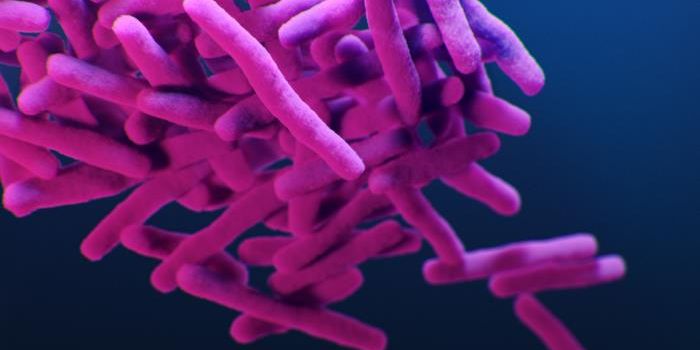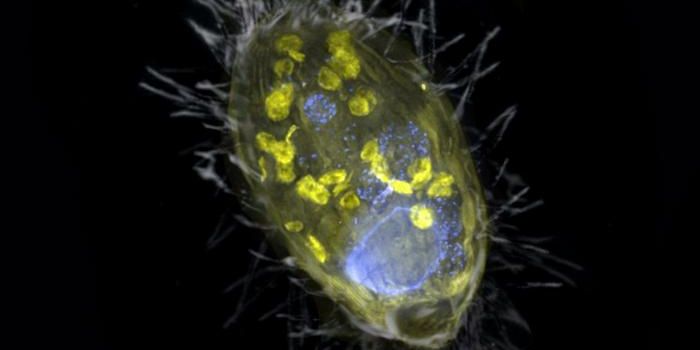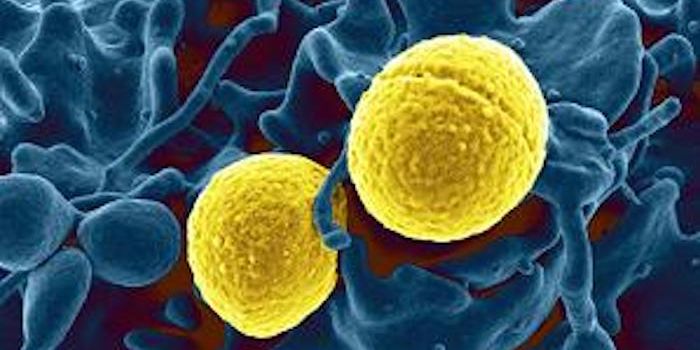One Eight Cancer Patients Also Carry Inherited Genetic Mutations
Genetic sequencing technologies have rapidly advanced, reducing the time required to sequence the entire human genome from years to only hours, and the costs just as dramatically. So in recent decades, scientists and clinicians have been able to identify inherited genetic mutations in many more patients. The hope is that medicine, including cancer therapeutics, will one day become more personalized, as more changes in the genome are linked to changes in health.
Scientists at Mayo Clinic have now used genetic testing to assess the genomes of over 3,000 cancer patients at various Mayo Clinic locations. This work, which was reported in JAMA Oncology, revealed that one eight of these patients are carrying an inherited genetic mutation that would not have been diagnosed with standard approaches, and which is likely to be influencing their cancer.
"We found that 13.5 percent of patients had an inherited mutation in a gene associated with the development of their cancer," said study author Niloy Jewel Samadder, M.D., a Mayo Clinic gastroenterologist and hepatologist. "Everyone has some risk of developing cancer, and in most cases, the disease develops by chance. However, some people are genetically predisposed to developing certain types of cancer, such as breast or colon cancers."
An inherited genetic mutation has the potential to cause diseases other than cancer, but some mutations can affect genes that may trigger the development of cancer in some cells. Some cancers can also arise after a random genetic mutation occurs in one cell in an adult. But this study suggests that anywhere from ten to 25 percent of cancers happen when a mutation a person is born with alters their cells in a way that promotes cancer in some tissues.
It may be possible to improve targeted cancer therapeutics if we identify more inherited genetic mutations that are linked to cancer, noted Dr. Samadder.
Various cancer types were included in this work, like breast, pancreatic, prostate, bladder, endometrial, and lung cancers.
The researchers determined that standard guidelines used by physicians when determining who needs genetic testing are falling short; these guidelines only identified about half of the people that were found with mutations.
"Genetic testing is underutilized in cancer care, both for patients and for their families, often due to outdated guidelines that restrict testing to a narrow group of high-risk patients," said study author Robert Nussbaum, M.D., chief medical officer of Invitae Corporation. "All cancer patients should have access to complete genetic information that can guide their care and inform their families' health."
"Steps are being taken to ensure all patients are offered genomic sequencing to better understand the genes that led to the development of their cancer, and how to precisely target treatment and improve survival," Dr. Samadder said.
Sources: AAAS/Eurekalert! via Mayo Clinic, JAMA Oncology









